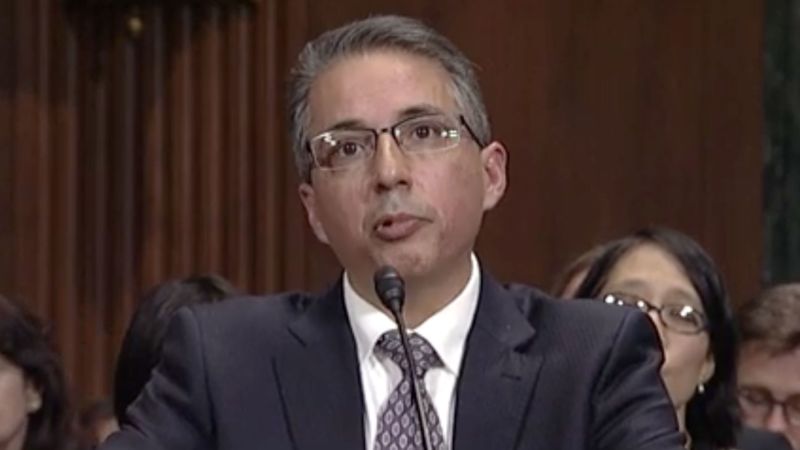In a significant ruling that has implications for immigration law and executive power, a federal judge in Texas has determined that former President Donald Trump unlawfully invoked the Alien Enemies Act. The ruling, issued by U.S. District Judge Fernando Rodriguez in the Southern District of Texas, blocks the Trump administration from rapidly deporting individuals alleged to be affiliated with a Venezuelan gang known as Tren de Aragua. This judgment emerges during ongoing legal controversies surrounding Trump’s immigration policies, particularly relating to claims of overreach in utilizing wartime authority during peacetime.
Judge Rodriguez asserted that Trump exceeded his presidential authority granted by this 18th-century legislation aimed at wartime actions. The Alien Enemies Act, traditionally utilized during times of conflict involving foreign nations, was deemed inappropriately applied by the former president for detaining or deporting non-citizens within the United States, particularly the alleged gang members. The judge’s decision essentially reinstates judicial boundaries on executive power, emphasizing that the president cannot unilaterally determine an “invasion” from a foreign nation or declare any group as “alien enemies” without substantial legal justification.
In his ruling, Rodriguez pointedly noted that the Trump administration lacked the lawful authority to detain Venezuelan nationals under this act, as it was not applicable to current circumstances which do not constitute a wartime scenario necessary for invoking such extensive powers. His legal findings underscore the need for constraints on presidential power, particularly concerning immigration policies, emphasizing the role of the judiciary in upholding legislative standards set by Congress regarding immigration and national security.
Prominent civil rights advocates have hailed the ruling as a watershed moment in judicial oversight regarding executive actions. Lee Gelernt, a lawyer with the American Civil Liberties Union (ACLU), highlighted its importance: this is the first court’s decision squarely addressing whether wartime powers could be used during peacetime, with the conclusion that they cannot. The judge’s ruling not only halts immediate deportations but also reorients the debate on the use of such authority in future governmental actions.
The implications extend beyond the specific case at hand. The Venezuelans who were part of this lawsuit narrowly escaped deportation to El Salvador, a destination noted for its harsh prison conditions. Although they are still detained in a facility in southern Texas, Judge Rodriguez’s ruling provides them, and others in similar circumstances, a legal precedent upon which to challenge future deportation efforts under the Alien Enemies Act.
While the Supreme Court has previously issued opinions on the matter, allowing for debates over proper notice and appeal processes for deportees, it has refrained from a definitive ruling on the merits of using the 1798 law for deportation during peacetime. Recent actions by the High Court have indicated an aversion to hasty executive actions regarding deportations, staying removals for those held in detention facilities as legal challenges gather momentum.
Despite this ruling and its potential impacts, the Trump administration is likely to appeal Judge Rodriguez’s decision. The administration’s lawyers maintain that Trump acted within his rights under the law and that judicial review of such executive applications is limited. These arguments have faced strong opposition, particularly from judges like Rodriguez, who assert that checks and balances in government are critical to maintaining lawful governance.
As this ruling marks a pivotal moment not just for the affected groups but for the treatment of executive powers amid ongoing immigration debates, it sets a precedent for a series of ongoing and forthcoming legal battles. The varying decisions of judges across different jurisdictions regarding the Alien Enemies Act will likely influence future interpretations of the law and the extent of executive authority vis-à-vis immigration enforcement and national security.
In conclusion, the judgment serves as a reminder of the crucial role of the judiciary in safeguarding constitutional protections against potential overreach by the executive branch, and raises broader questions about the application of outdated laws in modern governance contexts, making it a highly significant legal development.



